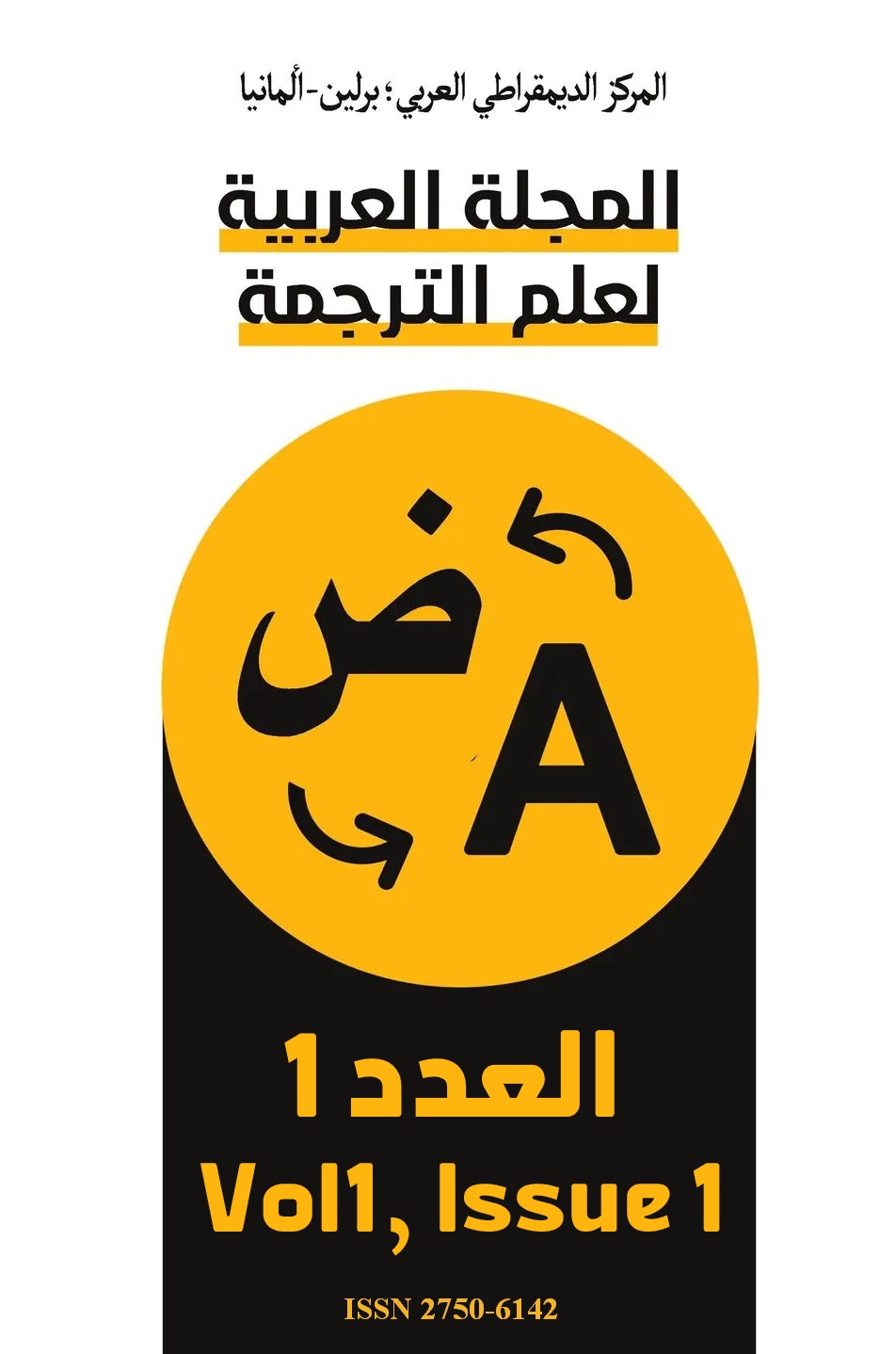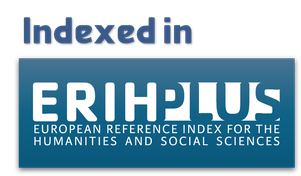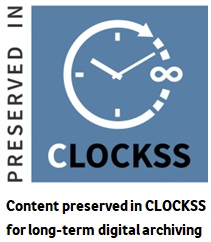Translation and Text Types: Towards a Definition of "Accurate" Translation
DOI:
https://doi.org/10.63939/AJTS.s421vb19Keywords:
Translation and Language, Text Types, Translation Studies, Translated textAbstract
"This paper commences with a concise definition of translation to emphasize its intricate nature. The translator must possess a vast array of non-linguistic knowledge. While literary translation, especially poetry, adheres to different rules compared to specialized translation, some scholars assert that translating poetry is nearly impossible. Nonetheless, the gains and losses inherent in translation can be evaluated. Contemporary translation studies advocate for translators to pay meticulous attention to the specific text type to accurately convey the intended message in the target language. Numerous translation theorists and practitioners concur on the challenge of formulating a comprehensive definition of translation. Most definitions merely describe the translation process, attesting to its complexity. An analysis of the definition proposed by the French dictionary Le Petit Robert for the verb "traduire" reveals that the translator is not afforded a choice regarding the rigorousness of the translation act, which stems from the transition between languages and from meaning to form. Consequently, equivalence between utterances appears to be the primary objective of translation, as the utterance undergoing translation can range from a simple sentence or word to an entire author's work."
Downloads
Downloads
Published
Issue
Section
License

This work is licensed under a Creative Commons Attribution-NonCommercial 4.0 International License.
As an open-access the journal follows the CC BY-NC 4.0 Attribution-NonCommercial 4.0 International which states that:
- you are free to:
- Share— copy and redistribute the material in any medium or format.
- Adapt— remix, transform, and build upon the material.
- Under the following terms:
- Attribution— You must give appropriate credit, provide a link to the license, and indicate if changes were made. You may do so in any reasonable manner, but not in any way that suggests the licensor endorses you or your use.
- NonCommercial — You may not use the material for commercial purposes.
- No additional restrictions — You may not apply legal terms or technological measures that legally restrict others from doing anything the license permits.












